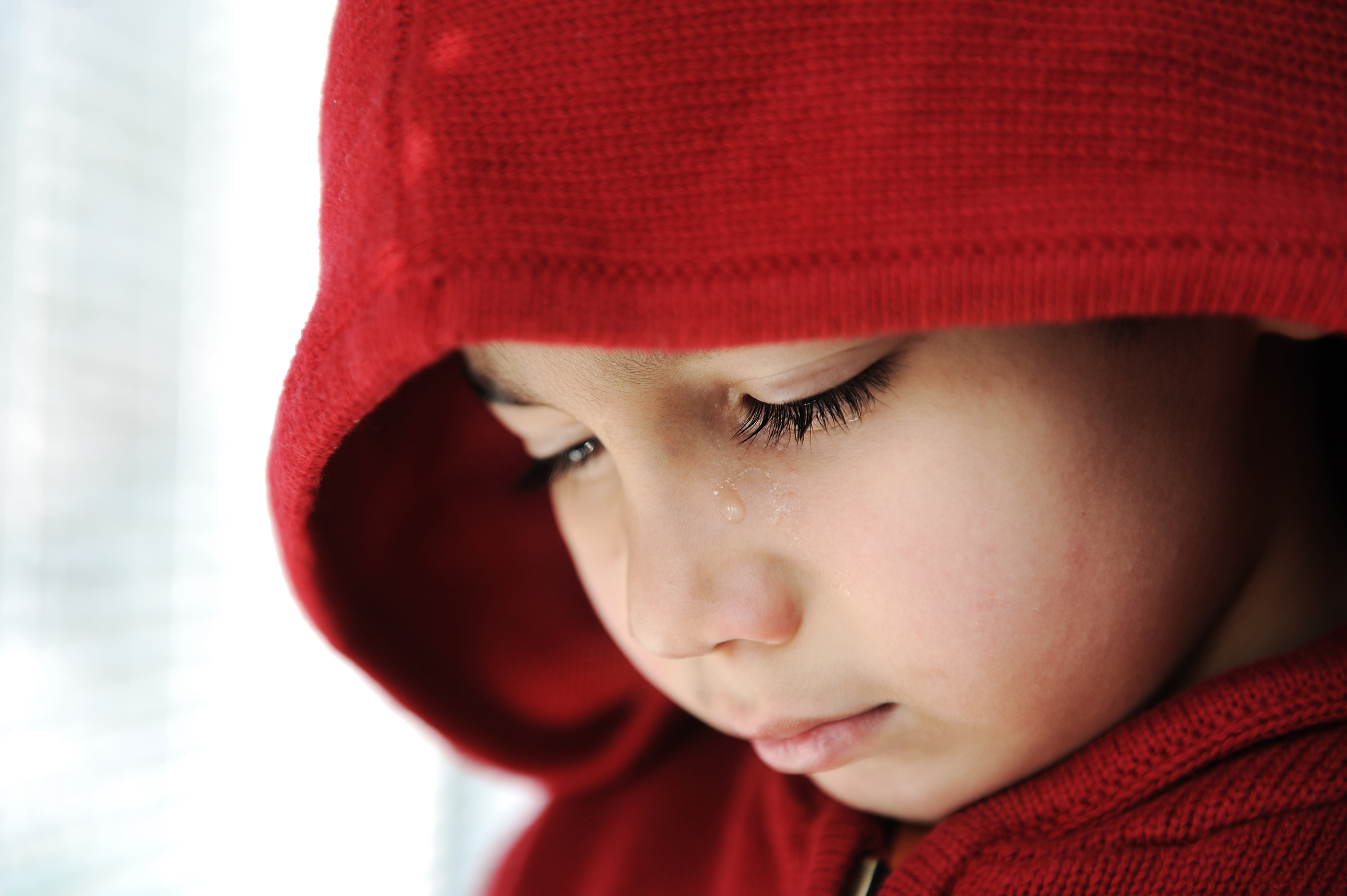Losing a loved one is not easy, especially when there are children in the mix. Depending on the age, approaching grief and loss with a child can be a very difficult and delicate situation. You are likely grieving yourself, but it is important to use this moment to teach your child about grief and loss. Loss is something that they will experience throughout life and knowing how to process grief and learn to cope is essential for a strong emotional health moving forward later in life.
However, if you are not a child psychologist or therapist, you might not know how to best approach the subject of death with a child. It’s okay because you are not alone. This is a complicated topic and there are common questions that every parent ponders when in the situation.
How should I address a loss with my child?
This is probably the first question on your mind when addressing children and grief. When there has been a significant death in the family, one that your child will surely recognize, it is important to acknowledge the loss. But how do you address it? Honesty is the best policy. Seriously. Explain the situation as honestly as possible. Allow your children to ask questions and respond openly because misinformation or hiding information can cause trust and relationship issues later in life. Approach the subject with the mindset of it being an open discussion and not just you lecturing your child. You will want to ask them questions as well. Kids often know more than you might think so let them express their feelings.
It is also important to be direct when broaching the subject. Trying to dull the blow by saying things like, “They’ve passed on” or “We’ve lost her” can be confusing to a child. They might think it’s a matter of “finding” someone. That’s why you need to use concrete words that will help your child understand death and loss for what it is.
Should my approach change depending on my child’s age?
Yes. It is important to be age appropriate when you approach grief and loss with your child. Very young children might not grasp the concept of loss and don’t realize that death can be permanent. In these cases, they might think their loved one will come back, so it is important to approach the subject carefully. Children that are of school age should understand the permanence that comes with death, but they will likely still have questions. Questions like, “Where did they go?” might come up and you should try to answer them as best you can. Being supportive and available to your child is extremely important as you address the concept of grief and loss.
Will my kids grieve differently?
Everyone grieves differently. This is important to remember when you are teaching a child about grief and loss. Some kids will become upset and withdrawn, while others act like nothing happened. Children can also swing through moods quickly, going from crying to playing with their toys without a care in the world. Children cope differently than adults do and sometimes to keep themselves from becoming overwhelmed, they resort to playing to keep their mind busy. Just remember to encourage open dialogue and be honest with them.
Are the specific behaviors that I should look for?
Children aren’t always great at expressing themselves verbally, which is why you should keep an eye on their behaviors after discussing death with them. If they are struggling with processing what has happened or dealing with grief, you might see it in their acting out. Common reactions to children processing grief or struggling with loss are denial, mood swings, fighting, regression to early childhood behaviors and fear of being alone. You might also see academic or sleep issues with your child. If you see a drastic change in your child, it might be worth taking them to a child psychologist or therapist to discuss their feelings with a professional.
How can I provide comfort to my child?
If you are looking for other ways to comfort your child after they lost a loved one, you can also consider memorial gifts for children. There are many types of sympathy gifts for children, such as teddy bears, frames, ornaments and more. Working through grief is difficult for anyone but can be especially difficult for children who are struggling to grasp the meaning of death itself. These gifts for children in grief can provide comfort while also helping you teach them about the death of a loved one.

